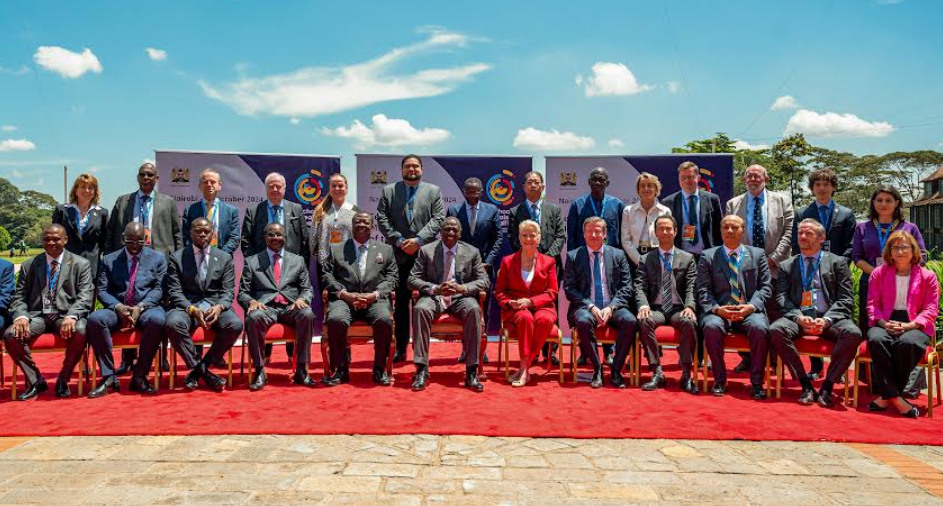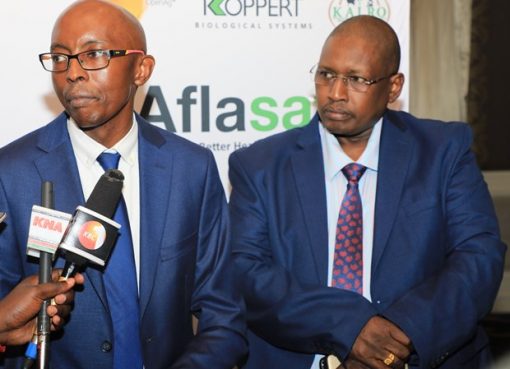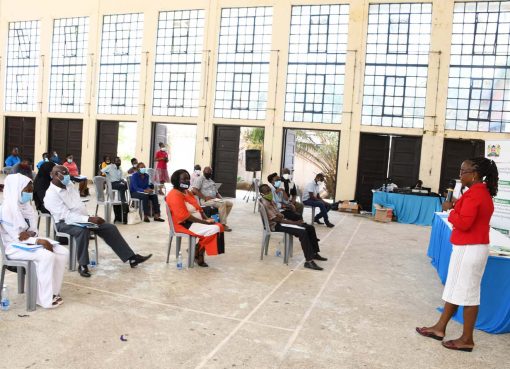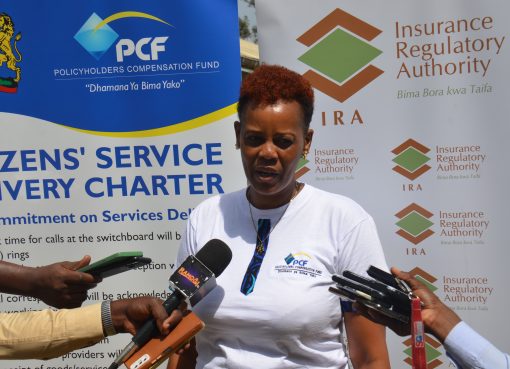Ministers and other high-level government representatives from Africa, Asia, Europe, and Latin America unveiled priorities to accelerate global collective efforts to ensure all children have access to school meals by 2030.
The announcement, focused on pressing financial needs, was made at the second Ministerial Meeting of the School Meals Coalition Task Force, hosted by the Government of Kenya.
The priorities aim at combating childhood hunger and poverty while addressing critical education and environmental issues, strengthening local food systems and local economies, and creating jobs.
The Coalition will prioritise making school meals a global political and fiscal priority and will include expanding access to sustainable finance and improving school meal programmes through partnerships and technical assistance, especially for low-income countries.
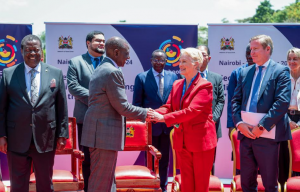
Additionally, a critical priority for the Coalition is speeding up action at the regional, national, and local levels, including municipalities.
In his keynote address at the Ministerial Meeting, President William Ruto emphasized steadfast commitments to scaling up school meals globally under the School Meals Coalition.
He called for a multisectoral approach and greater investment to build sustainable, planet-friendly school meal programmes.
Ruto stressed the investment in developing climate-resilient agriculture, sustainable food systems, and improving school environments and conditions of learning to pave the way for a future where every child is well-equipped to be the best they can be.
“We have tripled the budget allocation for school meals, set a clear goal to reach 10 million children by 2030, and launched the National School Meals Coalition, alongside an operational plan to scale up school meals,” affirmed the President.
Making her remarks, the World Food Programme (WFP) Executive Director Cindy McCain said: “Today we have taken significant strides toward our shared goal of ensuring healthy school meals for every child, everywhere, by 2030.”
McCain maintained that there is a lot of work ahead, especially to ensure all governments are able to finance this vital investment, but insisted that WFP is committed to working with its partners to drive progress.
“WFP also looks forward to deepening our collaboration with the Government of Kenya, serving as the secretariat for the global School Meals Coalition and for Kenya’s new National School Meals Coalition,” she stated.
During the meeting, global leaders discussed potential financing scenarios to increase school meal coverage.
According to the Coalition’s Sustainable Financing Initiative cost analysis, to reach an additional estimated 236 million children in these countries, funding of about USD 3.6 billion is needed, respectively.
Out of this, an estimated USD 1.2 billion will be needed in new and additional aid to support countries still transitioning to full funding of school meals programmes.
Addressing the Task Force, Roy Steiner, Senior Vice President for the Food Initiative at The Rockefeller Foundation, stressed that school meals must be viewed as an investment rather than a cost.
The meals, according to Steiner, represent one of the most critical investments a country can make in its future, with an estimated 9x return in social and economic benefits.
“School meals are also a powerful demand driver as they feed 20 per cent of the population one meal a day,” he added, noting that school meals can be an entry-point for food system transformation, as has been witnessed in Brazil, driving demand for locally grown and potentially climate-resilient agriculture.
Concurrently, Pasi Hellman, the Under-Secretary of State for International Development, Finland, and co-chair of the Coalition Task Force, implored: “As we gather today, we must remember the challenges the world is facing. The global landscape is shifting rapidly. Our intention with the efforts of the School Meals Coalition is to respond to some of those challenges, such as the learning crisis and unsustainable food systems, with effective policies.”
Meanwhile, Carmen Burbano, the Director of the School Meals Coalition Secretariat and Director of School Meals and Social Protection at WFP, urged that with five years left to achieve the Sustainable Development Goals, decisive action is essential.
He highlighted that the Coalition Task Force is pushing for cross-sector collaboration in agriculture, education, health, and other sectors.
Further, Burbano announced that the school meals ecosystem continues to expand as more countries ensure school meals are front and centre of their policies.
“We must continue to adapt to maximise this momentum and reach our target for universal school meals by 2030,” rallied the Director.
The Ministerial meeting takes place ahead of the G20 Heads of State Summit in Brazil on November 18–19.
Driven by Brazil’s G20 Presidency, the Global Alliance Against Hunger and Poverty is set to be launched at the summit, with school meals as a key cost-effective policy intervention to help tackle hunger and poverty worldwide.
By Michael Omondi


